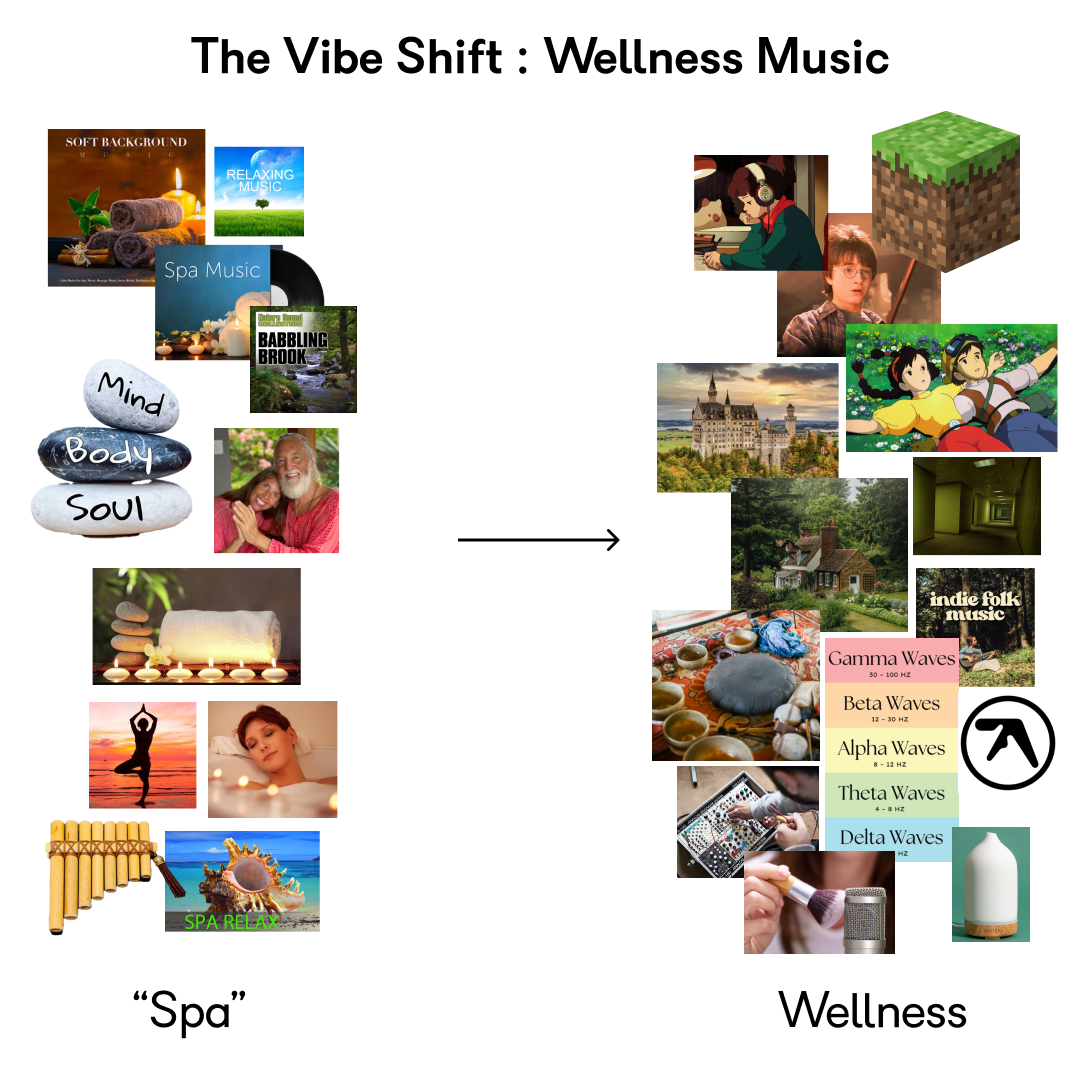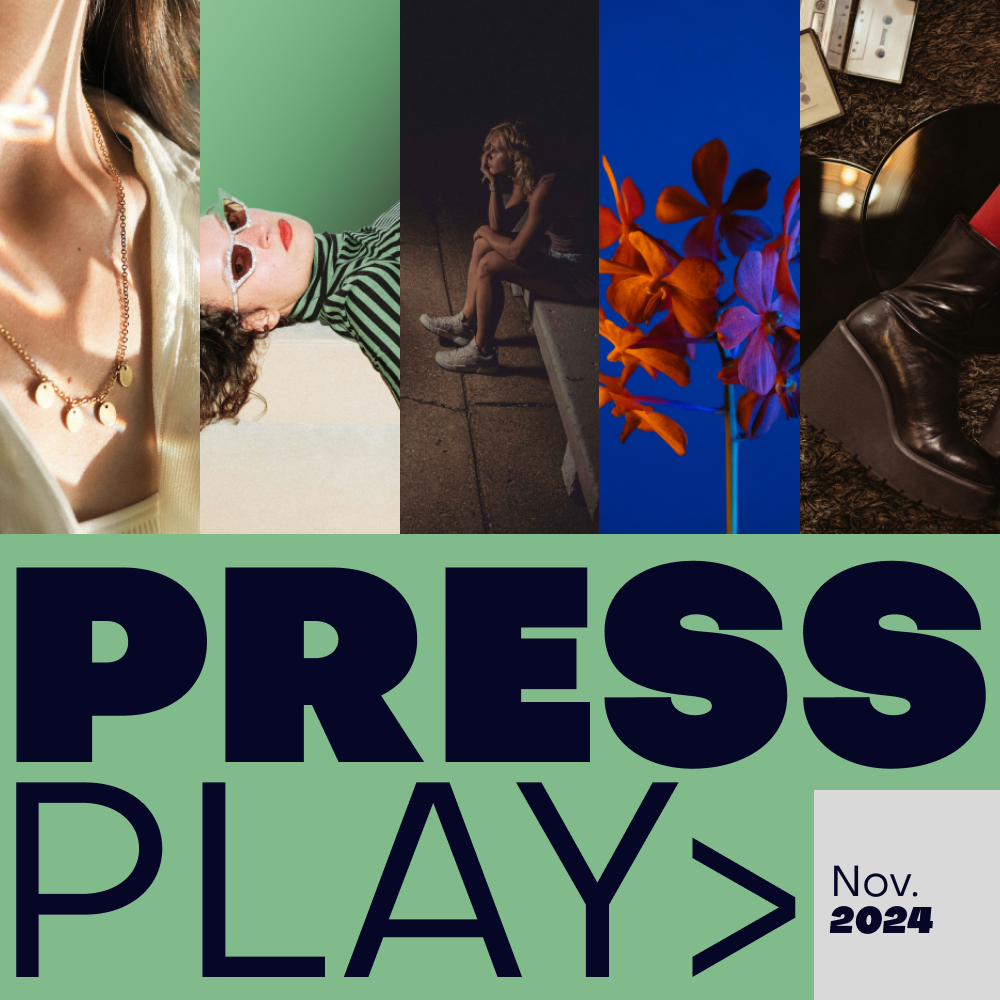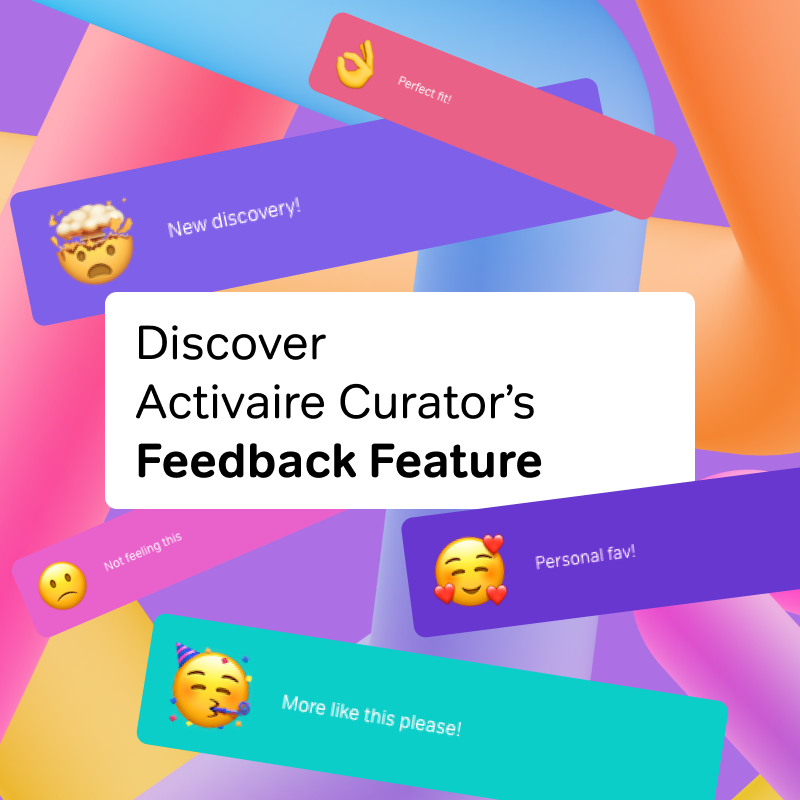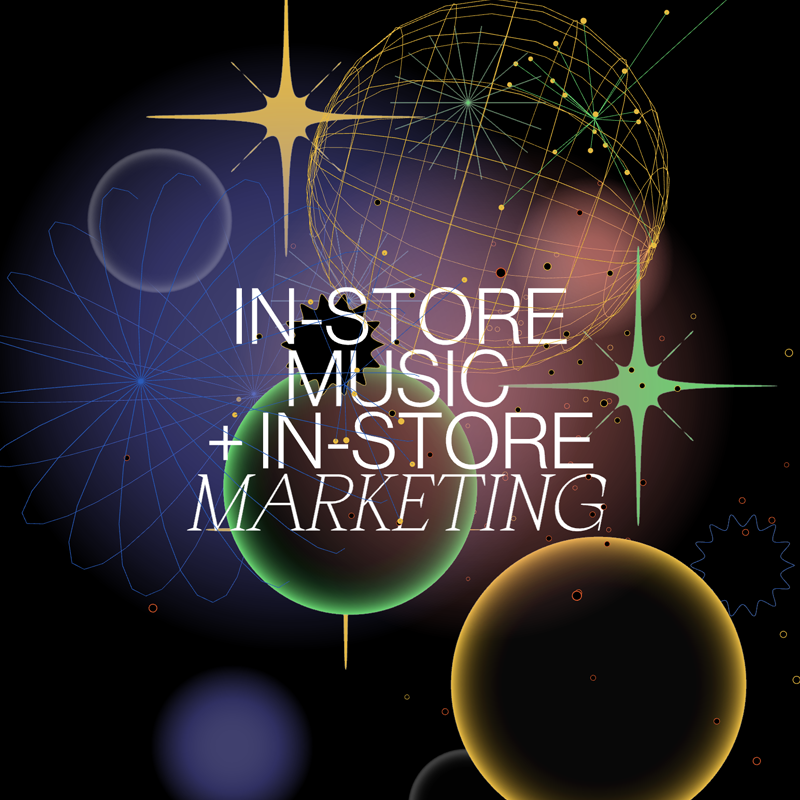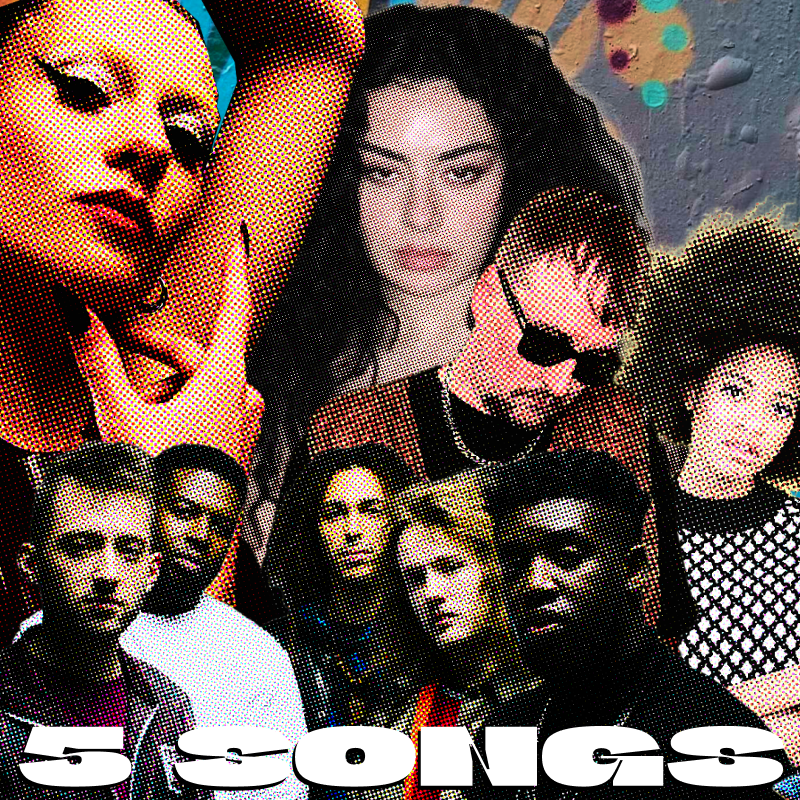BBL Drizzy and AI-generated music’s glow-up
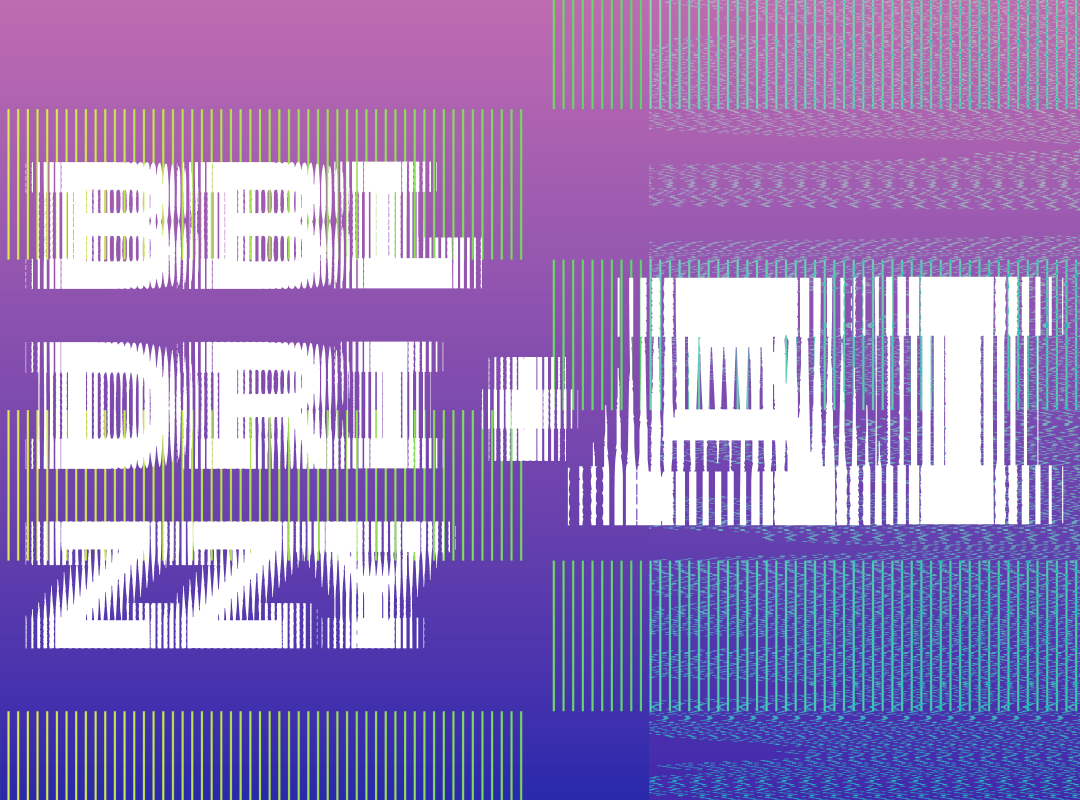
Words by: Adesh Deosaran, CEO, Activaire.
Over the past month, I’ve been overexposed to the Kendrick/Drake beef. I can talk about “Not Like Us” and “BBL Drizzy” with just about anyone without explaining much. There are some trends in music that even those living under a rock usually have some cursory knowledge of.
In my opinion, this is a Nirvana moment—Nirvana as in “Smells Like Teen Spirit.” When Teen Spirit broke, the entire landscape of Alternative and Indie music shifted. Everything from the instruments to the fashion, the hairstyles, and the visual language aligned with what was happening in Seattle. While this piece isn’t about the seismic shift of the art form, I will say that anyone picking up a mic from this moment on will be measured by the performances and output of this beef.
I want to focus on one aspect of the moment in particular: BBL Drizzy.
I’m interested in how BBL Drizzy created a scenario where AI adoption has accelerated. You can’t avoid the topic in the business world as businesses scramble to incorporate AI into their products and services. The conversation revolves around ethics, authenticity, and economic disruption in the art and music worlds. If you’ve got a desk job, AI is the fire in the sky that creates an uncomfortable uncertainty about the future of the career you’ve spent your life building. So, while we frantically build, theorize, and feel anxious, a song featuring AI-generated vocals creeps into the conversation and makes us giggle.
Now what?
If you’re familiar with the Kendrick and Drake beef, you will, like me, still have Metro Boomin’s “BBL Drizzy” bouncing around in your head from time to time. Based on the consistent stream of BBL Drizzy memes that continue to pour in on TikTok and Reels, it’s clearly still grabbing people’s attention. The casual listener addicted to the catchy hook and party-jam vibe probably doesn’t realize the vocals are AI-generated. I didn’t. I had a busy week, and the song jumped into my head and wouldn’t leave. I didn’t have time to look into it, so I simply enjoyed it. A week went by, and I heard it everywhere. It was in much of the social media I saw, coming out of cars and people singing it on the street; it was ubiquitous.
In terms of diffusion, BBL Drizzy’s viral appeal has propelled the song into the public consciousness and unintentionally (or intentionally) introduced AI to the late majority. The late majority is the population segment that adopts new ideas only after the average person has. Where VR headsets are still in the early adopter stage, smartphones are well into the laggard stage, and there’s no turning back. At the laggard stage, the choice to use an outmoded option (landlines) ceases to exist or is exceedingly costly and inefficient. Laggards tend to have to accept a new reality after the Late Majority gives its stamp of approval. To break the seal of the Late Majority, companies need to lean on the value of daily use. In the case of BBL Drizzy, AI has provided weeks of daily entertainment thus making the case for undeniable value. It’s similar to Coke or Pepsi, but we have difficulty describing the taste. We know it’s not natural in any way, but it’s on every menu.
So how did this happen? “BBL Drizzy” originated as a track created using AI by comedian King Willonius. It gained attention when Metro Boomin sampled it for a diss track aimed at Drake, part of an ongoing feud between Drake and Kendrick Lamar. The song features AI-generated elements that mimic a 1970s soul style. With so many AI-generated tracks that have come before being easy to spot, Willonius’ song passes for an original until you think about the lyrics. The vocals sound like they were recorded in the 70s, and the artwork looks like a legit lost 70s soul record, but they’re saying BBL Drizzy? I had to look it up.
Metro Boomin didn’t know it was AI when it used the sample. The AI aspect became widely known after the song went viral. This doesn’t mean the end of human-created music, but it opens the door to potential uses where AI can be a helpful tool. It would have been nearly impossible for Metro Boomin to create this track from scratch in time to be a part of the Kendrick/Drake hype if he had relied solely on traditional methods.
The success of BBL Drizzy highlights several potential future uses of AI in music, demonstrating how AI can revolutionize various aspects of music production, consumption, and interaction. Here are some possible future uses:
- Custom Music Creation: AI can enable personalized music creation where users can generate custom tracks based on their preferences for genre, style, and mood. This democratizes music production, allowing anyone to create professional-quality music without extensive technical skills.
- Enhanced Music Sampling and Remixing: AI can be used to create sophisticated samples and remixes by isolating and manipulating individual elements from existing tracks. This can lead to new creative possibilities and faster production processes for artists and producers.
- Real-time Music Generation: AI can be used in live performances to generate music in real-time, responding to the audience’s reactions and the performers’ inputs. This can create unique and dynamic concert experiences.
- Voice Synthesis and Custom Vocals: AI can generate realistic vocals tailored to specific requirements, allowing artists to create songs with custom vocal styles without needing a human singer. This can also be useful for creating backing vocals or harmony parts.
- Music Therapy and Health Applications: AI-generated music can be tailored to therapeutic needs, such as creating relaxing soundscapes for stress relief, enhancing focus, or aiding sleep. AI can adapt the music in real-time to the listener’s physiological responses.
- Interactive Music Experiences: AI can enable interactive music experiences where listeners can influence the music in real-time, such as changing the tempo, adding instruments, or altering the melody. This can create more engaging and immersive listening experiences.
- Automated Music Curation and Recommendation: AI can improve music discovery by curating playlists and recommending songs based on a deep understanding of a listener’s preferences and listening habits. This can help users discover new music that aligns with their tastes.
- Music Education and Training: AI can be used as a tool for music education, providing personalized feedback and practice exercises for students. It can also generate accompaniment tracks for practice sessions.
- Music for Multimedia and Content Creation: AI can create background music for videos, games, and other multimedia content, tailored to the specific emotional tone and pacing of the content. This can streamline the content creation process.
- Reviving and Restoring Vintage Music: AI can be used to restore and enhance old recordings, bringing vintage music to modern standards. It can also create new compositions in the style of classic artists, preserving and revitalizing musical legacies.
Love it or hate it, this is only the beginning.


